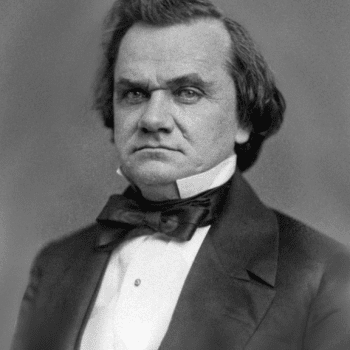Clement of Alexandria: (circa 150 – 215 AD) Our whole life can go on in observation of the laws of nature, if we gain dominion over our desires from the beginning and if we do not kill, by various means of a perverse art, the human offspring, born according to the designs of divine providence; for these women who, if order to hide their immorality, use abortive drugs which expel the child completely dead, abort at the same time their own human feelings. Paedagogus, 2
Tertullian circa 160-240 AD: For us, we may not destroy even the fetus in the womb, while as yet the human being derives blood from other parts of the body for its sustenance. To hinder a birth is merely a speedier man-killing; nor does it matter when you take away a life that is born, or destroy one that is coming to birth. That is a man which is going to be one: you have the fruit already in the seed. Apology 9:6 . . . .
Minucius Felix (180 – 225 AD): Some women take medicines to destroy the germ of future life in their own bodies. They commit infanticide before they have given birth to the infant (Octavious (30, 2))
St. Basil the Great (330 – 379 AD): The woman who purposely destroys her unborn child is guilty of murder. With us there is no nice enquiry as to its being formed or unformed. In this case it is not only the being about to be born who is vindicated, but the woman in her attack upon herself; because in most cases women who make such attempts die. The destruction of the embryo is an additional crime, a second murder, at all events if we regard it as done with intent. The punishment, however, of these women should not be for life, but for the term of ten years. And let their treatment depend not on mere lapse of time, but on the character of their repentance. Letter 188:2
St. Ambrose: (339 to 397 AD) The poor expose their children, the rich kill the fruit of their own bodies in the womb, lest their property be divided up, and they destroy their own children in the womb with murderous poisons. and before life has been passed on, it is annihilated. Hexaemeron”, (5, 18, 58)
via Ancient Testimonies Against Abortion | Archdiocese of Washington.
There are more, and the church fathers are in complete agreement about this.
UPDATE: There is a whole book on this subject that I’ve read years ago and can heartily recommend: Abortion and the Early Church: Christian, Jewish and Pagan Attitudes in the Greco-Roman World by Michael Gorman.
by Michael Gorman.
HT: Matthew Cantirino















